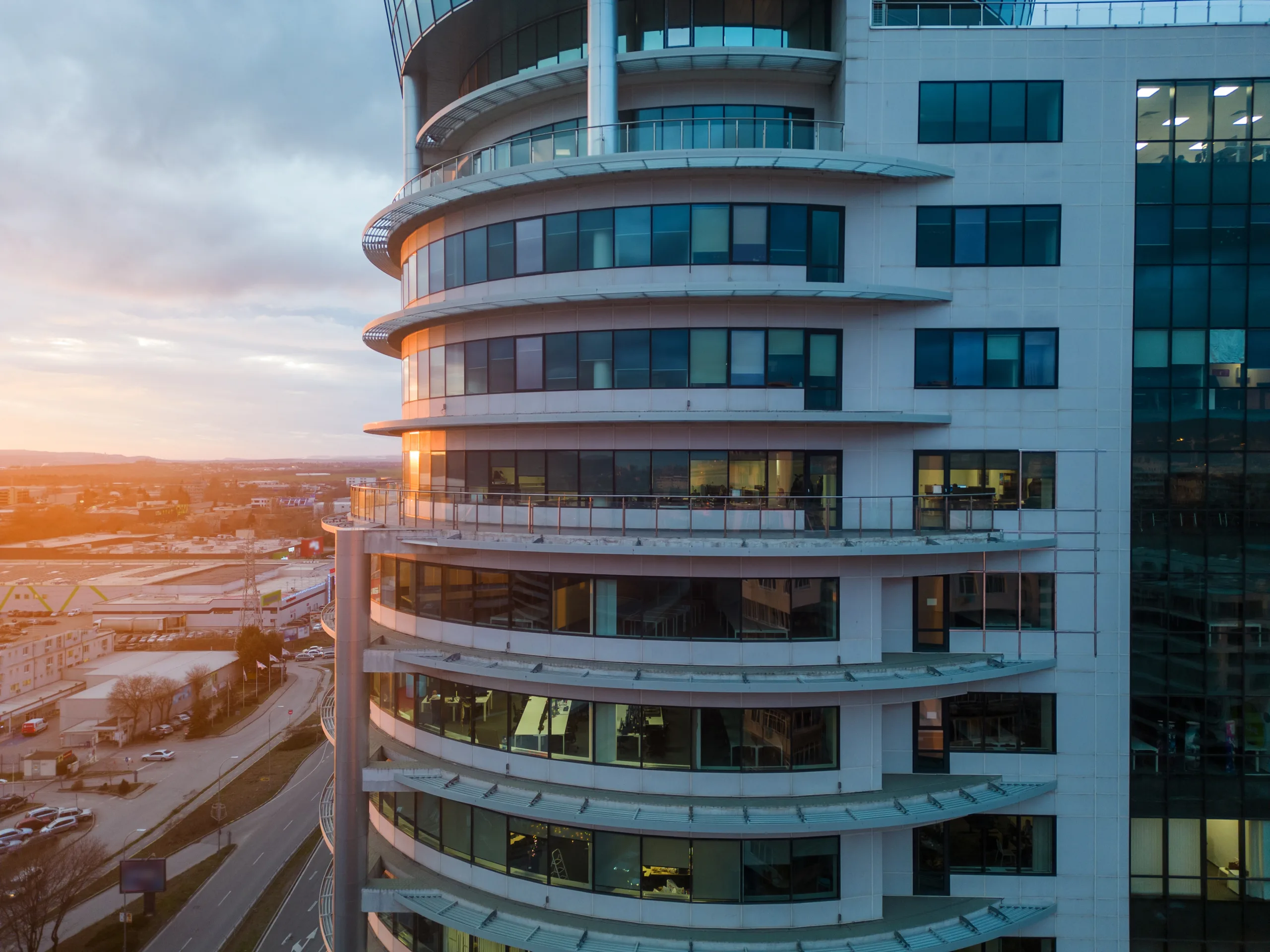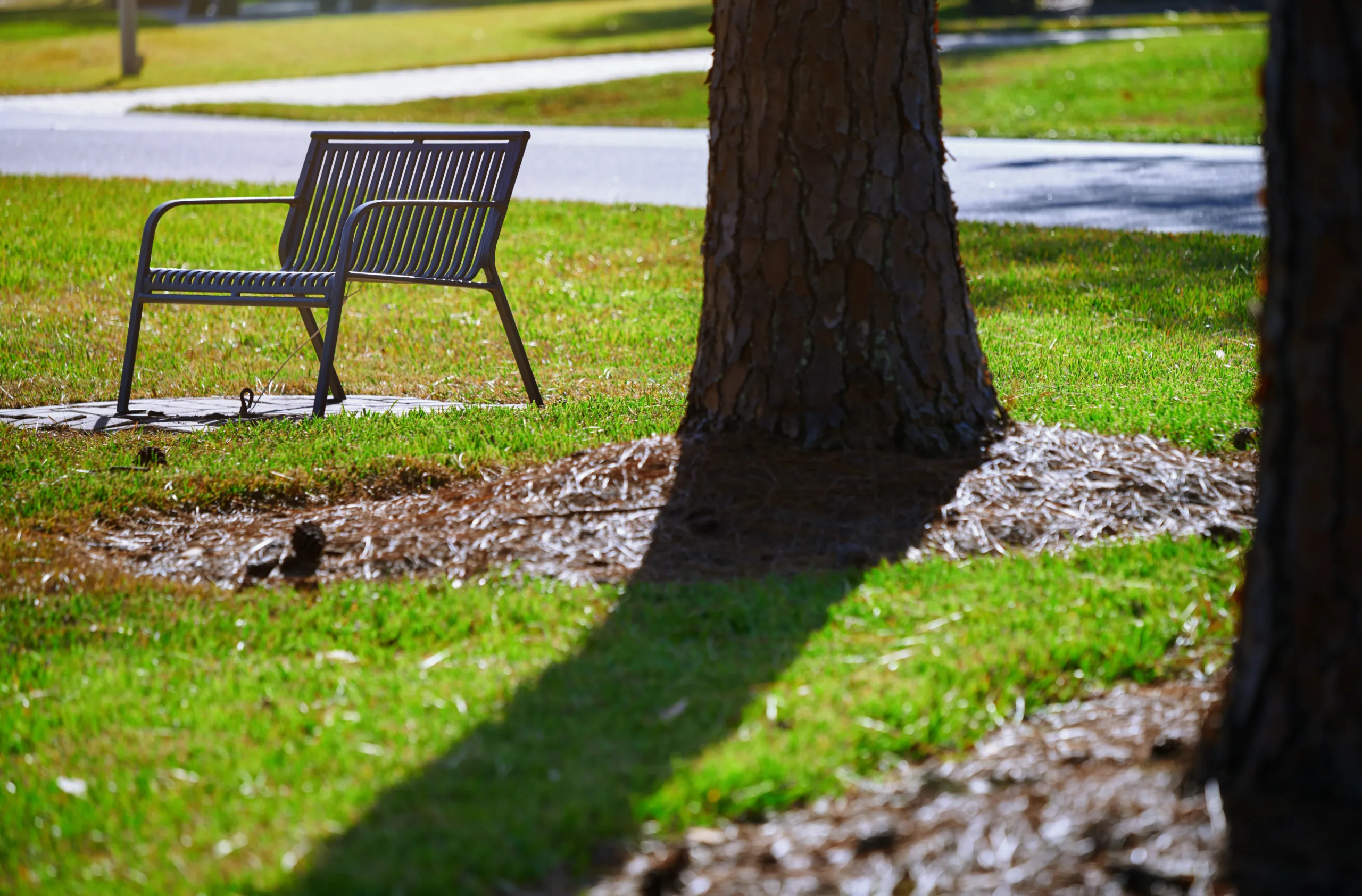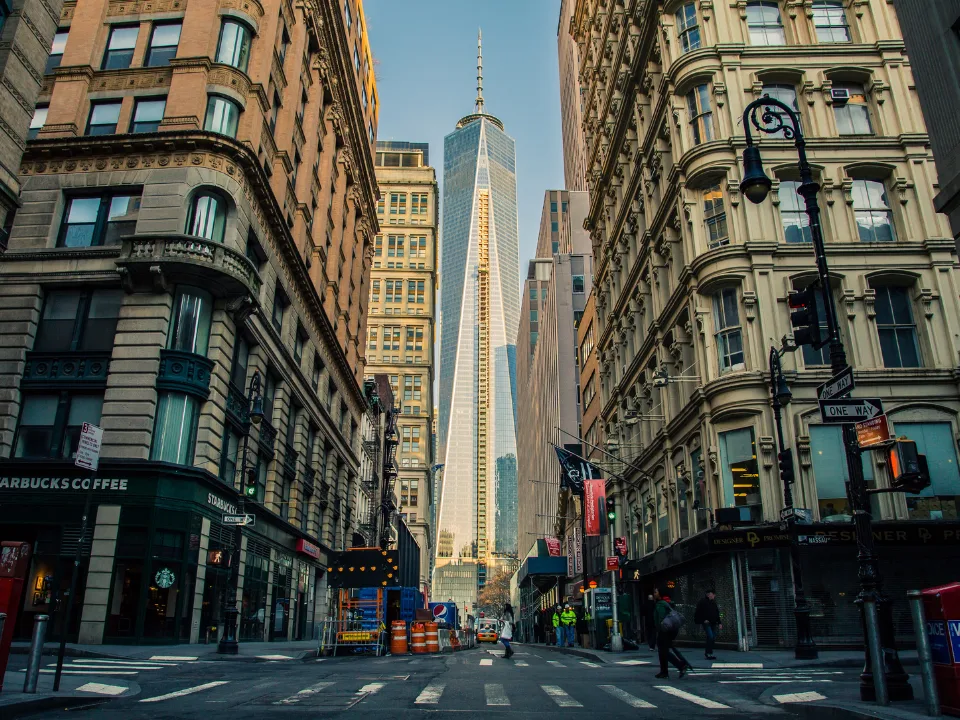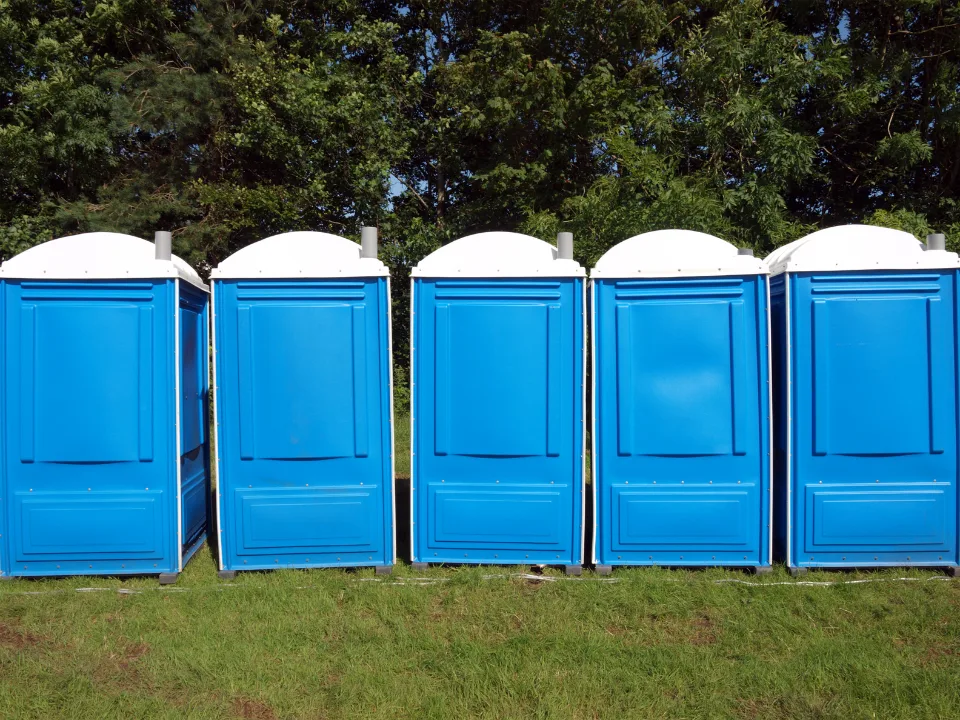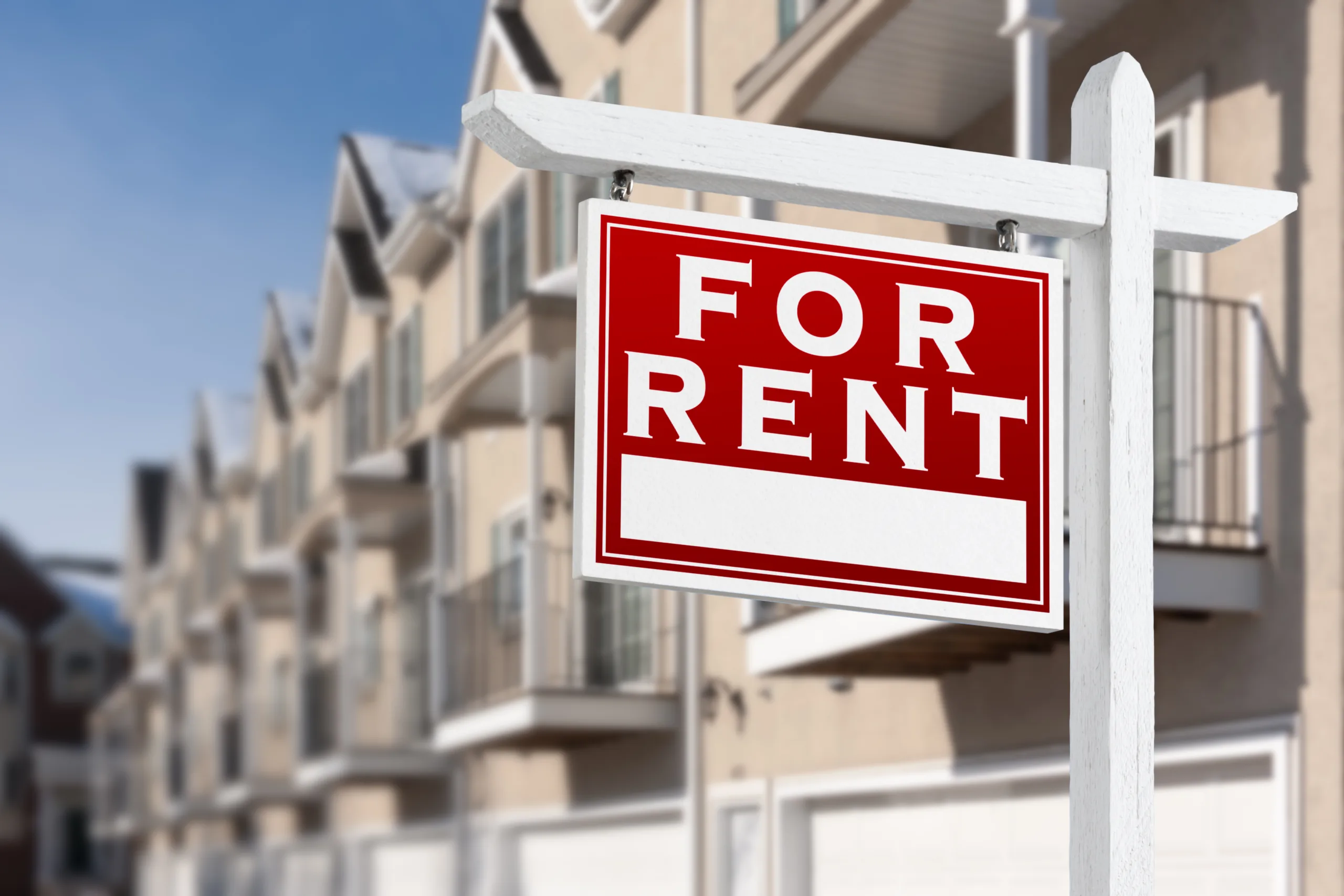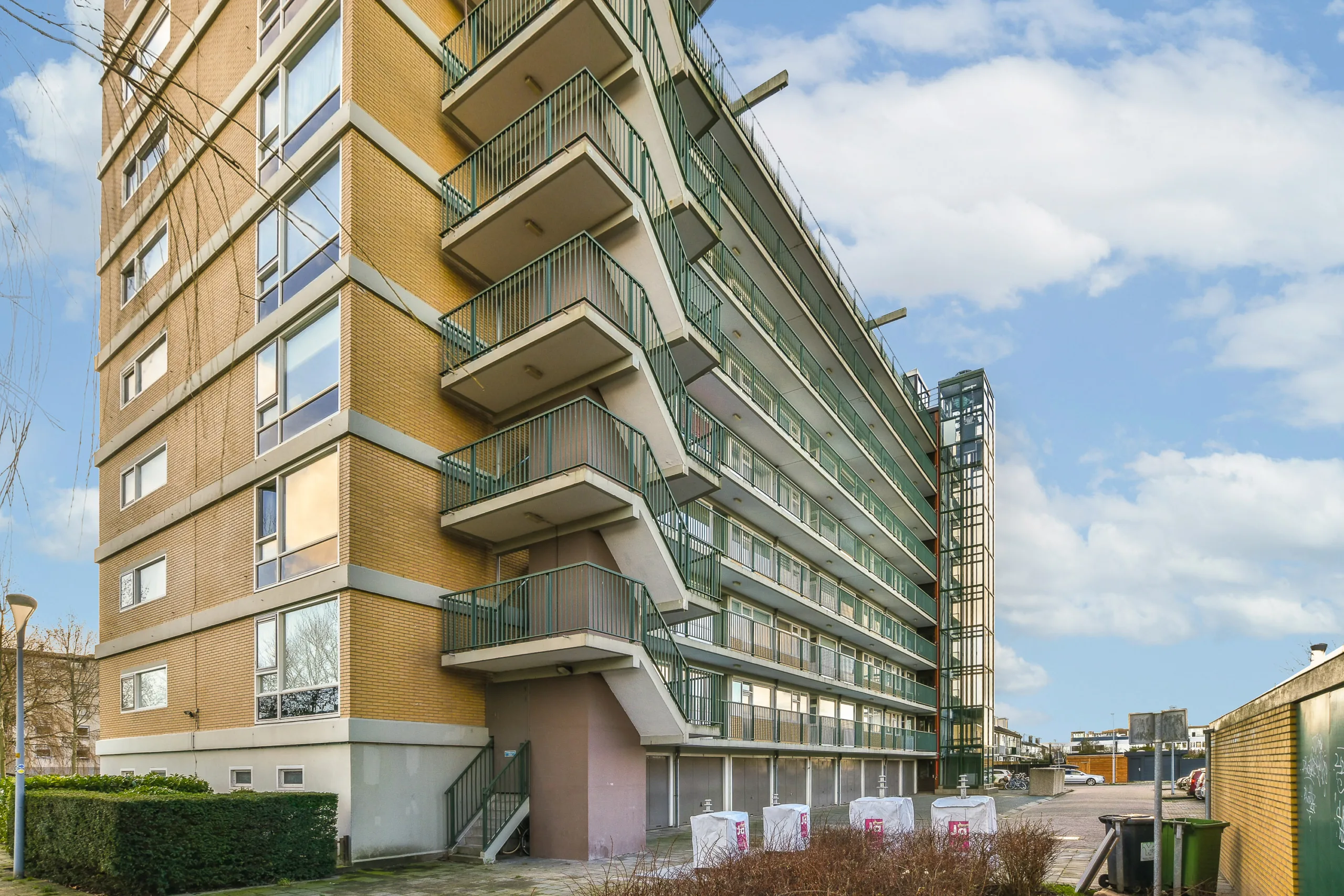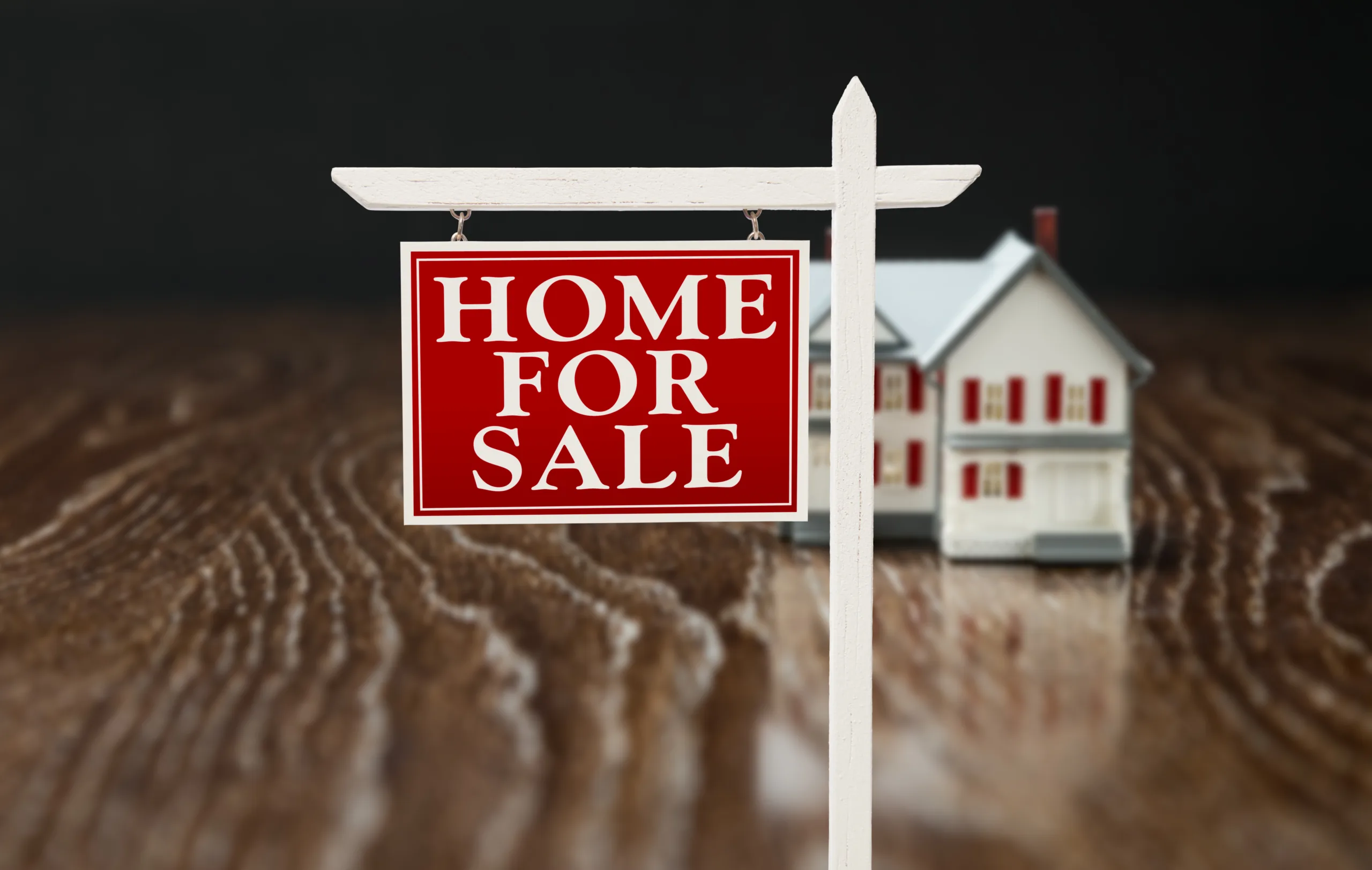- InterVest Capital Partners is pursuing an $850M construction loan to convert 111 Wall Street into more than 1,500 residential units, including luxury and affordable housing components.
- The financing, representing about 65% of total project costs, would support the addition of five stories to the existing structure and fund high-end amenities like a spa, bowling alley, and rooftop pool.
- The project underscores growing momentum behind office-to-residential conversions in Manhattan, as developers adapt to weakened demand for office space and surging residential rental prices.
From Office To Residential Anchor
InterVest Capital Partners is spearheading a major conversion at 111 Wall Street, pivoting from its initial plan to modernize the office tower into Class A workspace, reports Bloomberg. Instead, the firm, in partnership with Metro Loft, now aims for a residential conversion into one of the city’s largest developments.
Securing The Financing
The $850M construction loan, supporting the residential conversion, would come through Walker & Dunlop and cover about two-thirds of total costs. If successful, it would surpass recent major conversion loans like the $720M financing for Pfizer’s former Midtown headquarters.
Get Smarter about what matters in CRE
Stay ahead of trends in commercial real estate with CRE Daily – the free newsletter delivering everything you need to start your day in just 5-minutes
Scale And Amenities
Once complete, the reimagined 111 Wall St. will feature more than 1,500 units and luxury amenities including a spa, rooftop pool, and bowling alley. Plans include the addition of five new stories to the existing structure. About 25% of units will be affordable, qualifying the project for tax breaks under area median income requirements.
A Trend Accelerates
With office vacancies still elevated post-pandemic, developers and capital partners are increasingly turning to conversions as a viable path forward. Manhattan’s apartment demand remains red-hot, adding fuel to projects like this one.
Why It Matters
Residential conversions like 111 Wall St. help address dual challenges: rising housing needs and outdated, underutilized office space. The effort also demonstrates investor confidence in large-scale adaptive reuse, a trend gaining momentum in core urban markets.
What’s Next
If InterVest secures the financing, 111 Wall St. will become a flagship example of Manhattan’s evolving real estate landscape—where housing shortages and commercial overcapacity are reshaping the city skyline.
